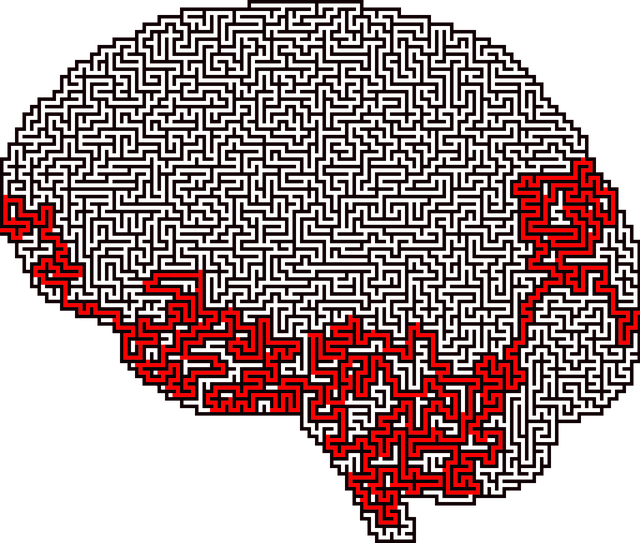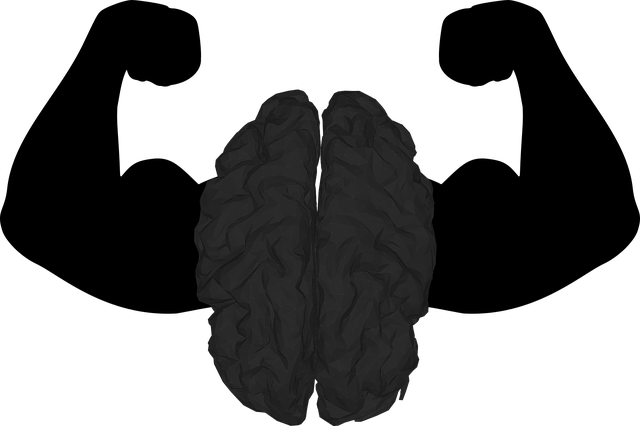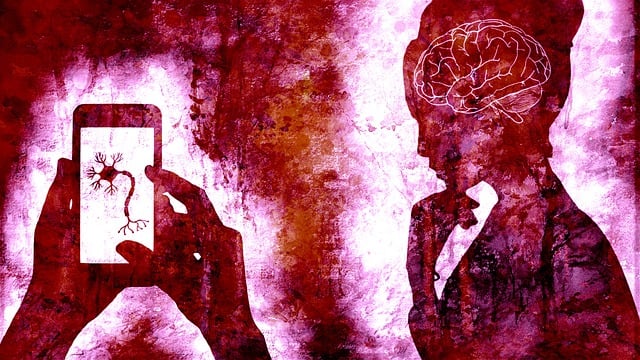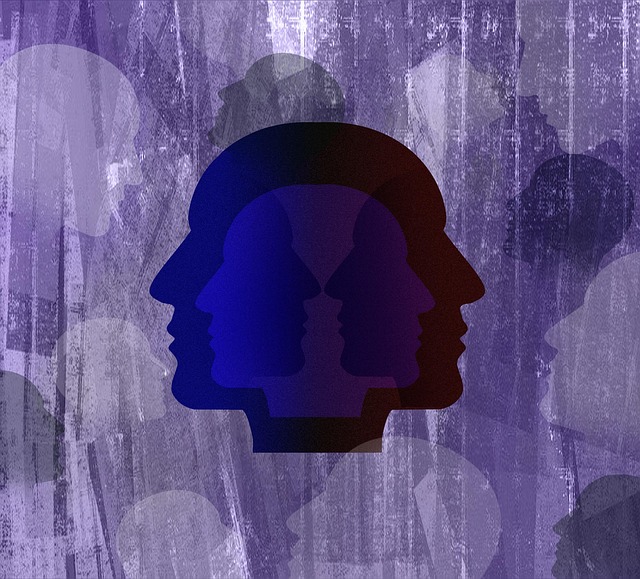Englewood Adolescent and Teen Therapy tackles the stigma surrounding mental illness, especially in underserved communities, by offering tailored programs that build resilience and promote positive thinking. They combine therapeutic interventions with social skills training, creating safe spaces for open discussions, and encouraging early help-seeking behaviors among teens. Through educational workshops, media advocacy, community engagement, and healthcare provider training, Englewood aims to reduce stigma, foster empathy, and ensure young individuals have access to non-judgmental mental health support, ultimately contributing to a more inclusive society.
Mental illness stigma continues to impede youth mental health, but efforts to reduce it are gaining traction. This article explores key initiatives aimed at breaking down barriers, including the impactful work of Englewood Adolescent and Teen Therapy (EATT). We delve into EATT’s therapeutic approaches, educational programs that combat misconceptions, media representations influencing public perception, and community engagement strategies fostering a supportive environment for young minds.
- Understanding Stigma and its Impact on Youth Mental Health
- The Role of Englewood Adolescent and Teen Therapy in Breaking Down Barriers
- Educational Initiatives to Combat Misconceptions
- Media Representation and Its Influence on Public Perception
- Community Engagement Strategies for a Supportive Environment
Understanding Stigma and its Impact on Youth Mental Health

Stigma surrounding mental illness can have a profound impact on young people’s well-being, often leading to delayed access to essential therapy and support services. This is particularly concerning in communities like Englewood, where adolescent and teen therapy services are crucial for addressing emerging mental health concerns. The consequences of stigma include increased anxiety, depression, and even suicide ideation among teens.
Reducing the stigma requires a multi-faceted approach. Encouraging open conversations about mental health, integrating resilience-building programs into educational settings, and advocating for inclusive Mental Health Policy Analysis and Advocacy can all contribute to fostering understanding. Moreover, providing Healthcare Provider Cultural Competency Training ensures that professionals are equipped to offer non-judgmental, empathetic care, thereby facilitating better outcomes for young individuals navigating their mental health journeys.
The Role of Englewood Adolescent and Teen Therapy in Breaking Down Barriers

Englewood Adolescent and Teen Therapy plays a pivotal role in reducing the stigma associated with mental illness among youth. Through tailored programs focused on resilience building and positive thinking, they empower young individuals to navigate life’s challenges with greater confidence. By combining therapeutic interventions with social skills training, Englewood provides a comprehensive approach that not only addresses symptoms but also fosters healthy coping mechanisms and enhances overall well-being.
This holistic strategy has proven effective in breaking down barriers and promoting understanding. The therapy sessions create safe spaces where adolescents can openly discuss their experiences without fear of judgment, fostering a sense of belonging and solidarity. Such supportive environments are crucial in encouraging youth to seek help early on and form positive perceptions about mental health care, ultimately contributing to a more inclusive and empathetic society.
Educational Initiatives to Combat Misconceptions

Educational initiatives play a pivotal role in reducing the stigma surrounding mental illness, particularly among adolescents and teens. Programs like those offered by Englewood Adolescent and Teen Therapy focus on dispelling misconceptions through interactive workshops, seminars, and awareness campaigns. By engaging young minds in open discussions about mental health, these initiatives foster empathy and understanding, breaking down barriers that often isolate those struggling with emotional healing processes.
These educational efforts emphasize the importance of inner strength development and self-care routine development for better mental health. They teach teens that seeking help is not a sign of weakness but rather a proactive step towards personal growth. Through these conversations, young people learn to recognize signs of distress in themselves and others, empowering them to support one another and seek professional assistance when needed.
Media Representation and Its Influence on Public Perception

Media representation plays a significant role in shaping public perception about mental illness, and it’s crucial to recognize the impact of these portrayals on society’s understanding of various conditions. Often, the media presents one-dimensional narratives, contributing to stereotypes and misconceptions. For instance, depicting individuals with depression as merely sad or those with anxiety disorders as timid and weak can be harmful, reinforcing false ideas about what these experiences truly entail.
Englewood Adolescent and Teen Therapy recognizes this influence and advocates for more authentic and nuanced media representation. By promoting accurate portrayals, they aim to reduce the stigma surrounding mental health issues. Encouraging the development of public awareness campaigns and mental wellness podcast series production can further educate audiences and foster empathy. Moreover, conducting regular risk assessment for mental health professionals ensures practitioners are equipped to handle these conversations responsibly, ultimately contributing to positive changes in public perception.
Community Engagement Strategies for a Supportive Environment

Englewood Adolescent and Teen Therapy has been at the forefront of community engagement strategies aimed at fostering a more supportive environment for mental health. Their initiatives focus on breaking down barriers and promoting understanding through educational workshops, peer support groups, and cultural events. These efforts are pivotal in reducing the stigma surrounding mental illness, especially among adolescents and teens. By engaging directly with the community, they cultivate an atmosphere of empathy and encouragement, empowering individuals to seek help without fear of judgment.
The program incorporates various strategies, such as Healthcare Provider Cultural Competency Training, to ensure professionals are equipped to address diverse cultural needs. They also emphasize Emotional Intelligence and Stress Management techniques, enabling youth to develop coping mechanisms and enhance their overall well-being. Through these inclusive practices, Englewood Adolescent and Teen Therapy is revolutionizing mental health support, making it accessible and non-intimidating for all.
Mental illness stigma reduction is a multifaceted effort that requires engagement at various levels. From understanding the impact of stigma on youth mental health to implementing community engagement strategies, every initiative plays a crucial role in creating a supportive environment. Organizations like Englewood Adolescent and Teen Therapy are leading the way by breaking down barriers through therapeutic interventions and educational initiatives. Media representation also has a significant influence on public perception, making it essential to foster accurate and empathetic storytelling. By combining these efforts, we can ensure that individuals facing mental health challenges receive the support and understanding they need to thrive.














